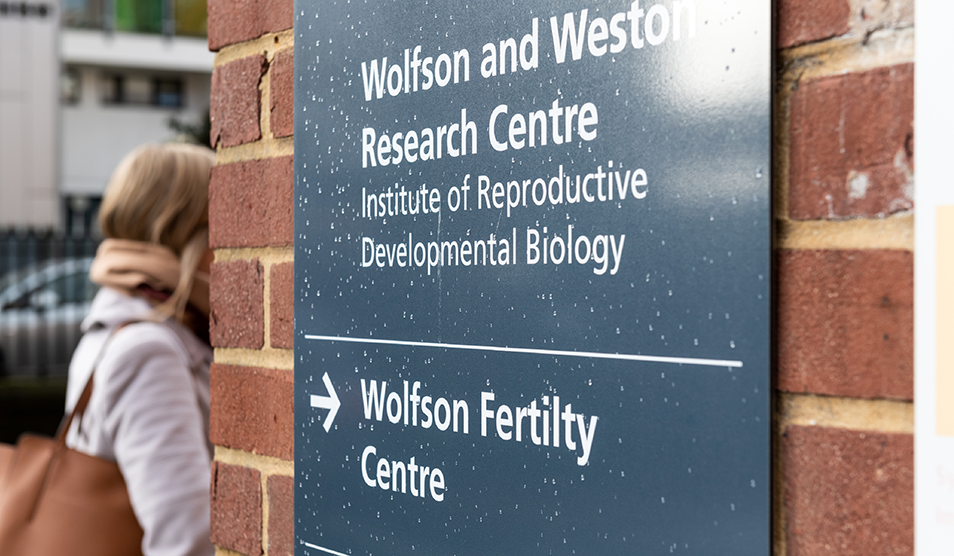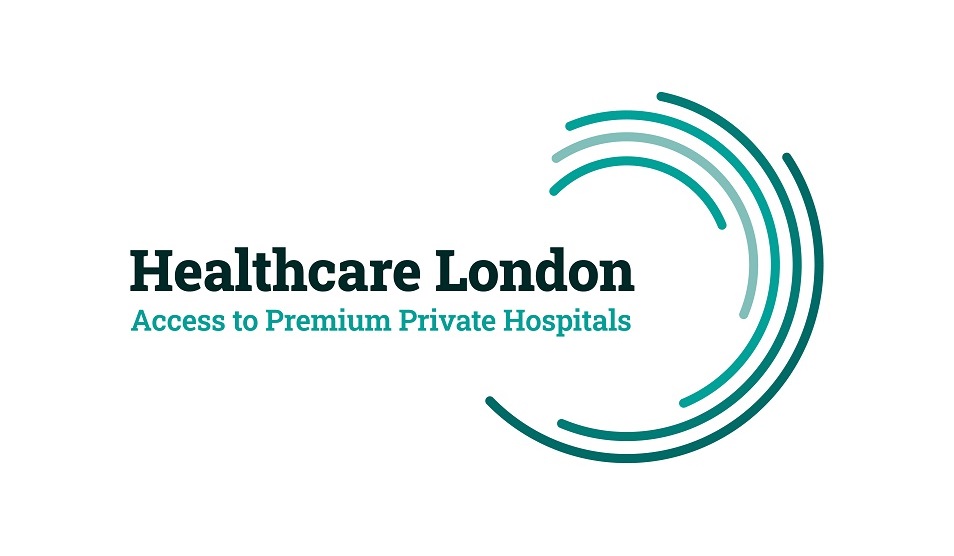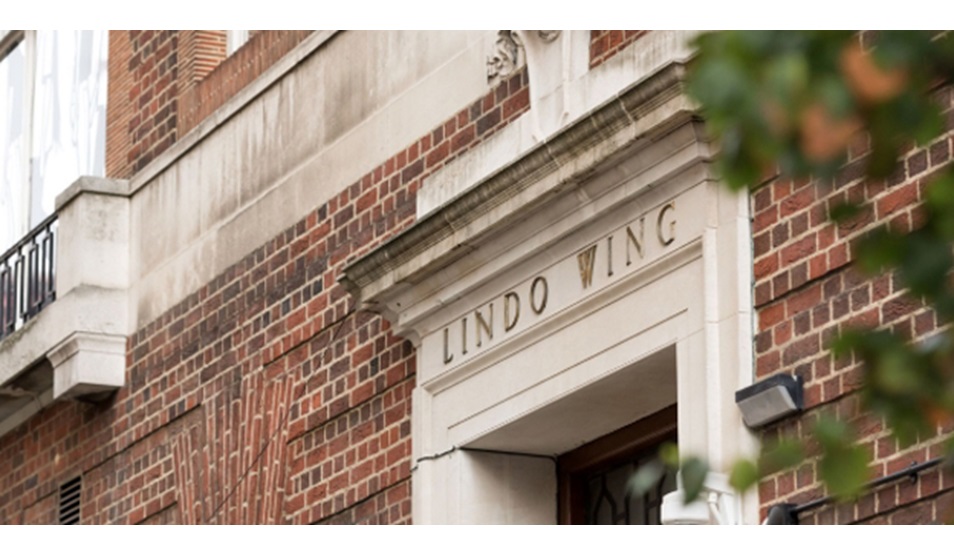The most effective way to diagnose a food allergy – oral food challenges
Serious food allergies have trebled in the past 20 years, affecting nine percent of children and three percent of adults in the UK. Here allergy consultant Dr. Florentina Dumitru, of Imperial Private Healthcare’s allergy service, explains how oral food challenges, which confirm or rule out a food allergy, can make a significant difference to a patient’s quality of life.
Serious food allergies have trebled in the past 20 years, with the most common food allergens being peanut and tree nuts, cow’s milk, eggs, sesame, shellfish and fish. Theories to explain this increase include a reaction to excessive cleanliness, pollution and eating a wider diet these days.
Many people grow out of their childhood allergy and want to understand when it would be safe to reintroduce foods into their diet. For other people allergies may only become obvious later in life or in certain circumstances, for example reacting to food that hasn’t previously affected them after intense exercise, or after drinking alcohol. In some cases allergies can be life threatening. So ruling out or confirming an allergy with certainty enables people to manage their diet, enjoy food socially and potentially remove anxiety around certain foods.Our allergy service, which is run by experienced allergy specialists, sees people aged 18 and over with a suspected food allergy at The Lindo Wing of St Mary’s Hospital. Patients undergo a full consultation including a detailed medical history, skin and blood tests, medication review and whether conditions such as asthma are under control. If the skin prick or blood tests are negative or inconclusive then oral food testing is carried out as this is the only method that can provide definitive evidence of tolerance or allergy to a particular food.
Oral food challenges
An oral food challenge is the gold standard for confirming or ruling out a food allergy and finding this out can make a significant difference to a people with an allergy or suspected allergy.Food challenges can only be performed by specifically trained allergy specialists in a hospital setting with direct access to emergency care, so The Lindo Wing is one of the few private settings in the country that can offer this service privately as a day case.
An oral food challenge takes half a day during which the patient remains on the ward and eats progressively increasing amounts of the suspected food up to a standardised maximum portion while they are closely observed by a specialist allergy doctor or nurse for a reaction. This observation continues for 90 minutes after the last portion of food is eaten. If there is a food allergy, most reactions happen within 30 minutes of first consuming the food, but on occasion there can be a delay, so it is essential patients remain under supervision throughout the challenge.
Patients who develop a rash during the oral food challenge receive immediate medication and those who experience a more severe reaction are given prompt emergency care. Our allergy specialists will contact the emergency team as soon as we suspect a patient is having a severe allergic reaction.
If an allergy is confirmed, then patients will be given a tailored anaphylaxis management plan, with advice on avoidance and management of their food allergies including adrenaline auto-injector training if required. Patients are also supplied with information on accessing support for their allergies, for example, information about Allergy UK or local support groups.
Highly expert team
The allergy service at The Lindo Wing benefits from an expert allergy team aligned with a long history of allergy treatment at Imperial Private Healthcare’s partner NHS trust, Imperial College Healthcare, and access to an expert emergency care team in the same building. I lead the allergy service’s highly experienced team and I have been an allergy consultant for many years. I also have a research background and I have been an academic research fellow at Imperial College, London.
It is very rewarding to be able to give people who have been living with severe food allergies or suspected food allergies certainty so that they know which foods they can enjoy safely and without anxiety. It can be life changing for our patients”
For more information please visit our allergy page on our website, or contact us via imperial.private.healthcare@nhs.net or on +44 (0) 203 311 7700
Prior to October 2023, Imperial College Healthcare Private Care was known as Imperial Private Healthcare.



